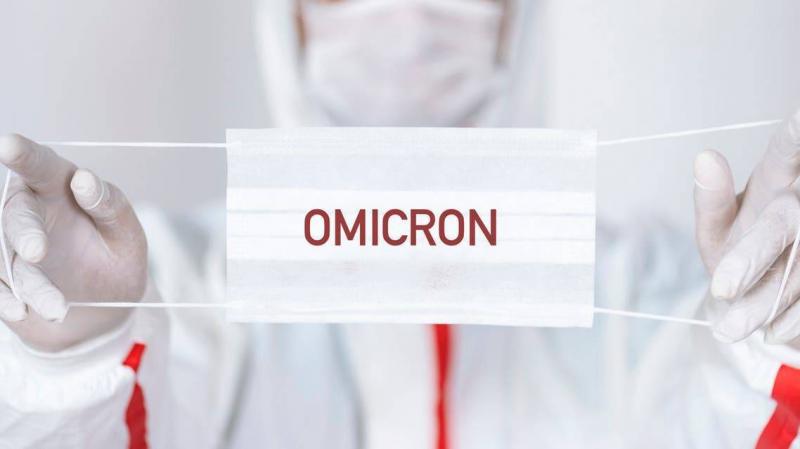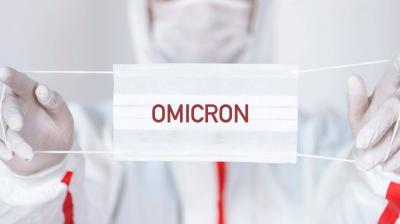Scientists and health experts continue to study the characteristics of the Omicron variant of the coronavirus, which has spread rapidly and widely across the globe, in an effort to prevent further infections. The "Victor" Center for Virology and Biotechnology in Russia examined the Omicron variant's ability to survive in various environments and on different surfaces.
The study revealed that the Omicron strain loses its vitality and ability to survive more quickly on ceramic surfaces, as reported by the Russian news agency TASS.
Experts at the center conducted a series of experiments to determine the viability of the virus on metal, plastic, ceramic, and distilled water under the same conditions of relative humidity (30-40%) and temperature (26-28 degrees Celsius). The experiments confirmed that the virus's activity diminishes and disappears on ceramic surfaces more rapidly, becoming unable to survive after less than 24 hours.
The study concluded that the dynamics of the decline in the viability of this strain do not differ significantly from previously studied variants of the coronavirus.




